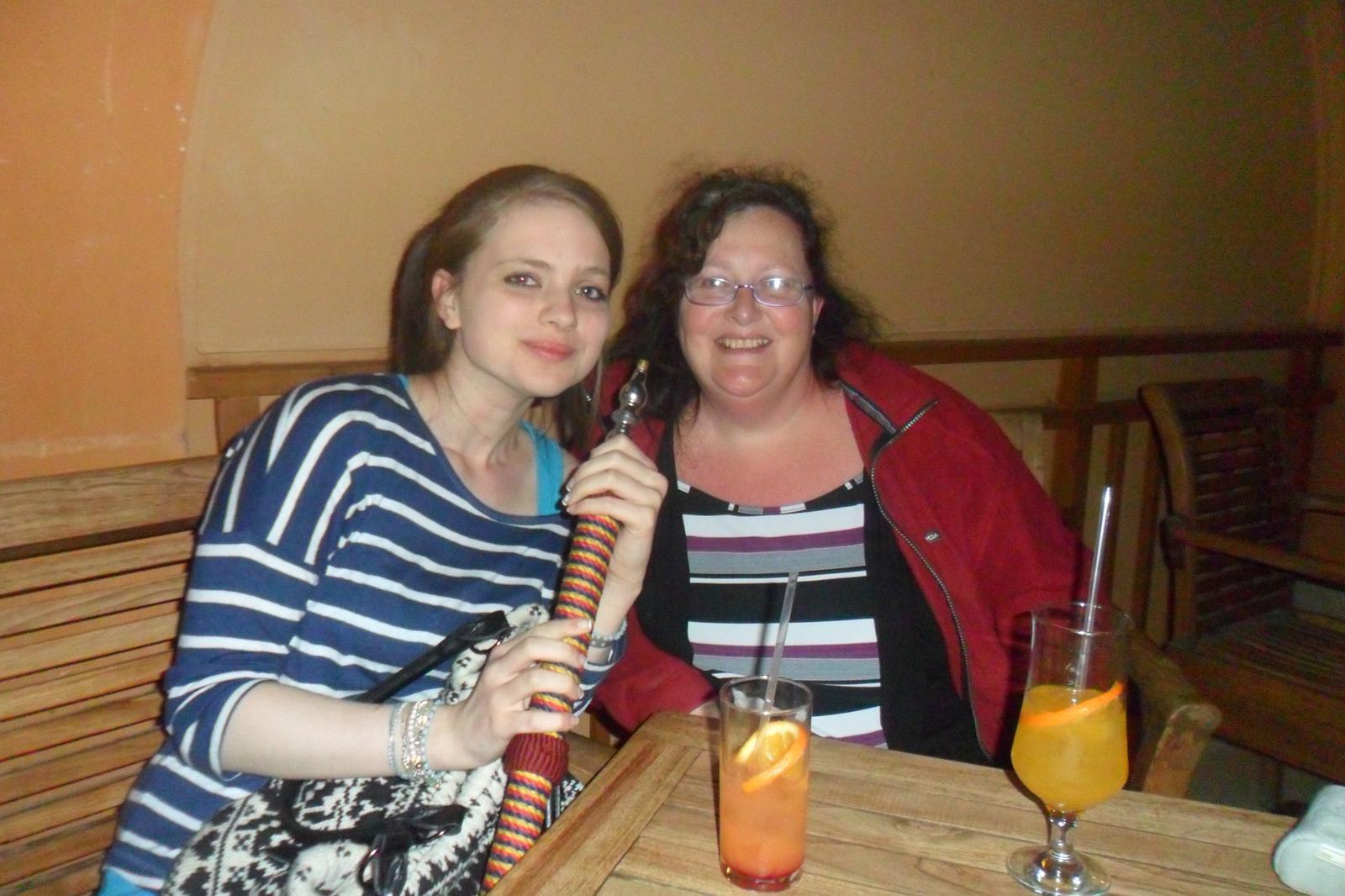Mother blames scandal-hit hospital for daughter’s death after eating disorder struggles
Exclusive: Melissa Parrish’s experiences as a teenager left her terrified of being admitted to hospital, an inquest into her death heard

Your support helps us to tell the story
From reproductive rights to climate change to Big Tech, The Independent is on the ground when the story is developing. Whether it's investigating the financials of Elon Musk's pro-Trump PAC or producing our latest documentary, 'The A Word', which shines a light on the American women fighting for reproductive rights, we know how important it is to parse out the facts from the messaging.
At such a critical moment in US history, we need reporters on the ground. Your donation allows us to keep sending journalists to speak to both sides of the story.
The Independent is trusted by Americans across the entire political spectrum. And unlike many other quality news outlets, we choose not to lock Americans out of our reporting and analysis with paywalls. We believe quality journalism should be available to everyone, paid for by those who can afford it.
Your support makes all the difference.A young woman “traumatised” by a stay in a scandal-hit hospital as a teenager died after trying to take her own life years later, an inquest has heard.
Melissa Parrish was admitted to Huntercombe Hospital in Maidenhead in 2009 for an eating disorder when she was 15 years old, but the experience left her terrified of being admitted to hospital.
In 2018, aged 24, she was admitted to Vincent Square Eating Disorder Service (VSEDS), run by the Central and North West London NHS Foundation Trust, after struggling with her mental health. Four hours later she tried to take her own life; the failed attempt left her in a vegetative state for three years until she died of pneumonia in July 2021.

The inquest held this week was not directed to examine her stay at the Huntercombe Hospital and did not link her death with the 2009 admission.
However, Melissa’s mother Melanie told The Independent, after the jury returned its verdict on Thursday, that she thought her daughter’s 18-month experience at the Huntercombe Hospital had “destroyed” her.
“She got trapped,” Ms Parrish explained. “We saw how Melissa disappeared. She stopped having a relationship with us. She started self-harming, and when she was told it would be longer than 12 weeks, she just died. She stopped eating... she was just traumatised.”

Eventually, NHS commissioners advised discharging the 15-year-old as she was not improving. Her mother recalls her daughter later saying: “Huntercombe did something to me.”
“She was destroyed as a human being. She wouldn’t engage with any treatment because she was so afraid of going back to hospital,” her mother continued. “I have a huge amount of anger towards [the Huntercombe Hospital], and I see no reason why they had to destroy the trust in her parents, because that left her with no one.
“She was so traumatised that she was physically and mentally unable to accept help ... [The Huntercombe Group] destroyed her relationship with other care providers. They turned her into a frightened, lonely woman.”

The Huntercombe Hospital at Maidenhead, later renamed Taplow Manor, was at the centre of a scandal uncovered by The Independent and Sky News that led to dozens of patients coming forward with allegations of abuse. The hospital is now closed, but its owners and former owners are facing more than 50 claims of clinical negligence, including allegations that patients were left with post-traumatic stress disorder.
Although the remit of the inquest was not to examine Melissa’s care before 2021, doctors who assessed her before her death gave evidence in which they noted that she was terrified of being admitted to hospital.
One doctor’s notes recorded that they believed “the terror of being admitted, which arose from a past admission, increased the risk [of harm]”.
After being discharged from the Huntercombe Hospital, Melissa continued to struggle with her eating disorder.

In 2018, her mental health became so bad that she was admitted to VSEDS in west London. Her family left the unit, but hours later Melissa was found having attempted to kill herself using equipment in her room that had previously been identified as a risk on another ward.
On Thursday, the jury at the Inner West London Coroner’s Court ruled that Melissa had died by “misadventure”, following an attempt at taking her life, and that her eating disorder had been a contributing factor.
The inquest ruled that the risk from the equipment in Melissa’s room should have been identified and managed, and that the failure to do so was a probable cause of her death.
Central and North West London NHS Foundation Trust – of which NHS England’s national mental health director, Claire Murdoch, is chief executive – said in a statement: “Melissa’s death was extremely sad and we send our deepest condolences to her family and loved ones. We are sorry for any mistakes that were made and opportunities missed whilst Melissa was under NHS care.
“We have previously reached out to Melissa’s family to discuss what happened and how we can learn from it. Now the inquest has concluded, we will follow up and offer to meet again.”
Elli Investments Group, the previous owners of the Huntercombe Group, said in a statement: “Our thoughts are with Miss Parrish’s family. The hospital was owned and managed by the Huntercombe Group, and its specialist care services and its management team transferred to new owners in 2021.”
Ms Murdoch, who is in charge of mental health at the NHS, said: “Our thoughts and sympathies remain with the loved ones of Melissa Parrish.
“The NHS has repeatedly made clear that all services must provide safe, high-quality care and deliver on the commitments in their contracts, irrespective of whether they are NHS or independent-sector led.”
She said that the health service has worked hard to transform community mental health services, but that the NHS knows more needs to be done, and has asked all mental health wards to implement new standards to ensure care is therapeutic and close to home.
This story was updated with a response from NHS England at 16.27 on 20 September 2024
If you are experiencing feelings of distress, or are struggling to cope, you can speak to the Samaritans, in confidence, on 116 123 (UK and ROI), email jo@samaritans.org, or visit the Samaritans website to find details of your nearest branch.
If you are based in the USA, and you or someone you know needs mental health assistance right now, call or text 988, or visit 988lifeline.org to access online chat from the 988 Suicide and Crisis Lifeline. This is a free, confidential crisis hotline that is available to everyone 24 hours a day, seven days a week. If you are in another country, you can go to www.befrienders.org to find a helpline near you
Join our commenting forum
Join thought-provoking conversations, follow other Independent readers and see their replies
0Comments